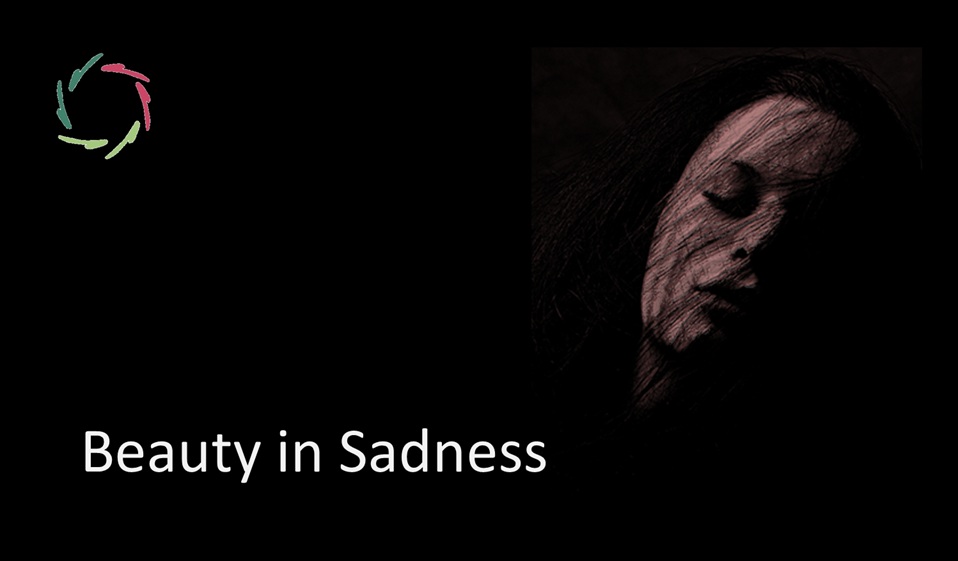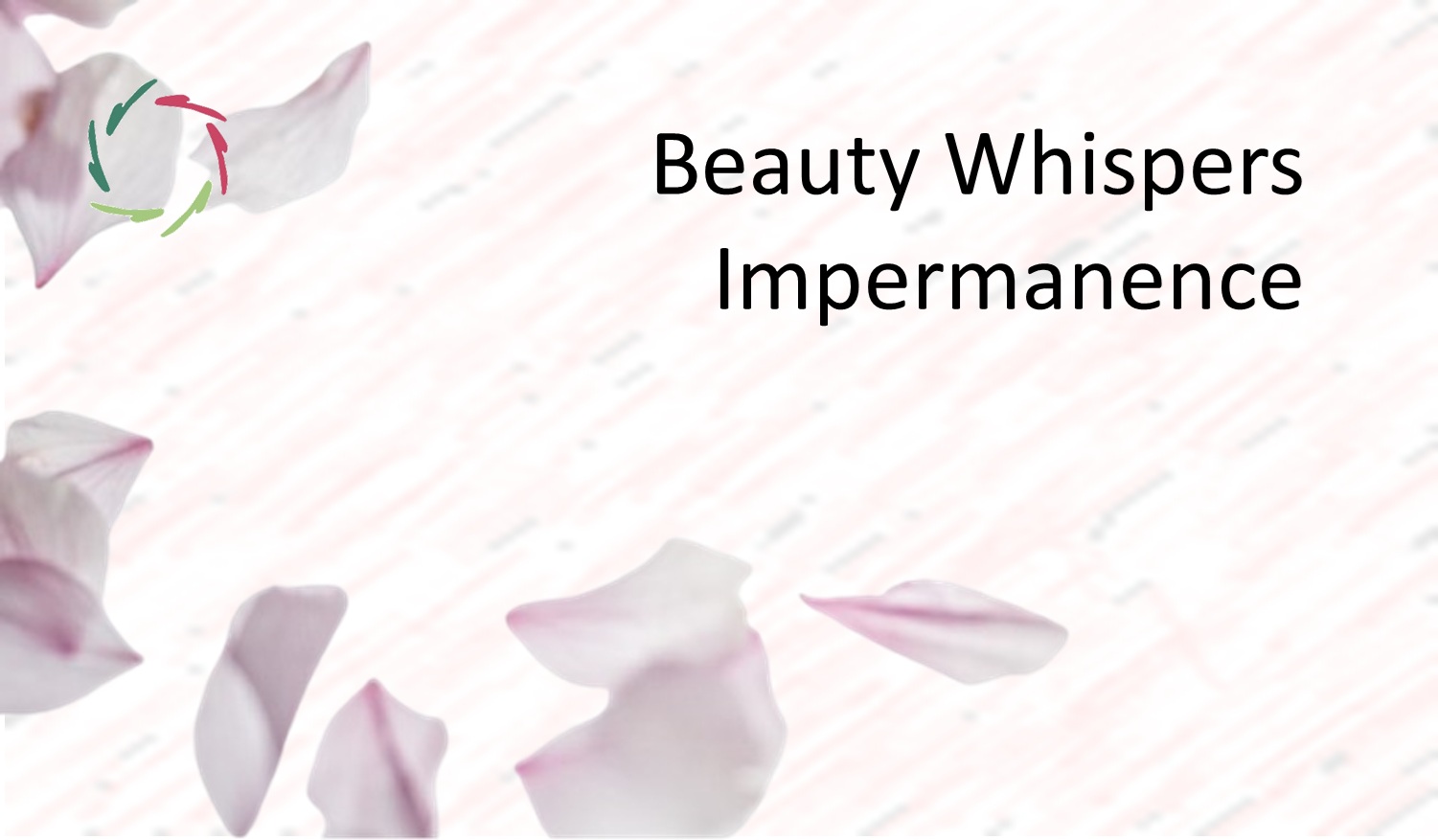Is Beauty an End Value? – No Purpose but Itself?

Beauty definitely is a value. As in Trojan-Greek mythology, people can go very far because of it: to the end of their known universe, to the end of themselves… and back again.
Referring to ‘five Aurelian values’
[See: ‘Five Aurelian Values’]
Are these ‘end values’ [see: “Being of Value”]? Yes. Are they the only end values? To me, certainly not. I took five. I could as well have taken three or seven, or thirty. At least these five, I can remember.
An ‘end value’ is one that directly speaks to the ‘total self.’ Beauty does so too, since appreciating beauty is an act that is performed by the total self [see: “Creating Beauty”]. The one IS the other.
Value of beauty
Beauty is worthy because of itself, not because of something else. For example, people can pay a lot for a painting as an investment. Yet in the end, the painting is only worth the investment because of its beauty.
At the same time, the value of beauty lies in its momentarily being appreciated. Without an appreciator, there is no value. If nobody would find the painting beautiful anymore, one way or another, its beauty would lose its value.
The same counts for a beautiful woman and for a beautiful anything.
Beauty is an infinity
Not to be underestimated. ‘Rationally,’ one may not appreciate this. That is a rational mistake. Including in relationships, this mistake is frequently made.
A man likes a beautiful woman.
A woman likes a beautiful man.
(Plus everything else that makes it politically correct.)
But are these statements by themselves politically correct? I don’t think infinity cares. I think it’s better therefore to go-into than to run-away-from. Going-into, you can also see:
Beauty is infinitely motivating
Social mores (worldwide) are frequently ambivalent about this. It doesn’t seem just. Someone getting advantages just for being born to become a more beautiful person? Where’s the personal merit? At the same time, it’s almost everywhere the case. As it seems, more so in one sexual direction than in the other.
Does it need to be just?
My view is that one may use beauty as motivation. It’s not immoral, on condition that what is used, is really beauty.
Really? Relatively?
This may seem to run counter to ‘the relativity of beauty as to personal taste.’ What is really beautiful? Is it not presumptuous to even talk about such a thing?
Elsewhere, I describe beauty as what is deeply attractive. Things/people called ‘beautiful’ are not necessarily beautiful in this sense.
In excellence [see: “Excellence”], there is nothing wrong with striving to be beautiful.
Really beautiful.
A striving for such coincides with a striving for any other end value.
Really in-depth, they are the same.


